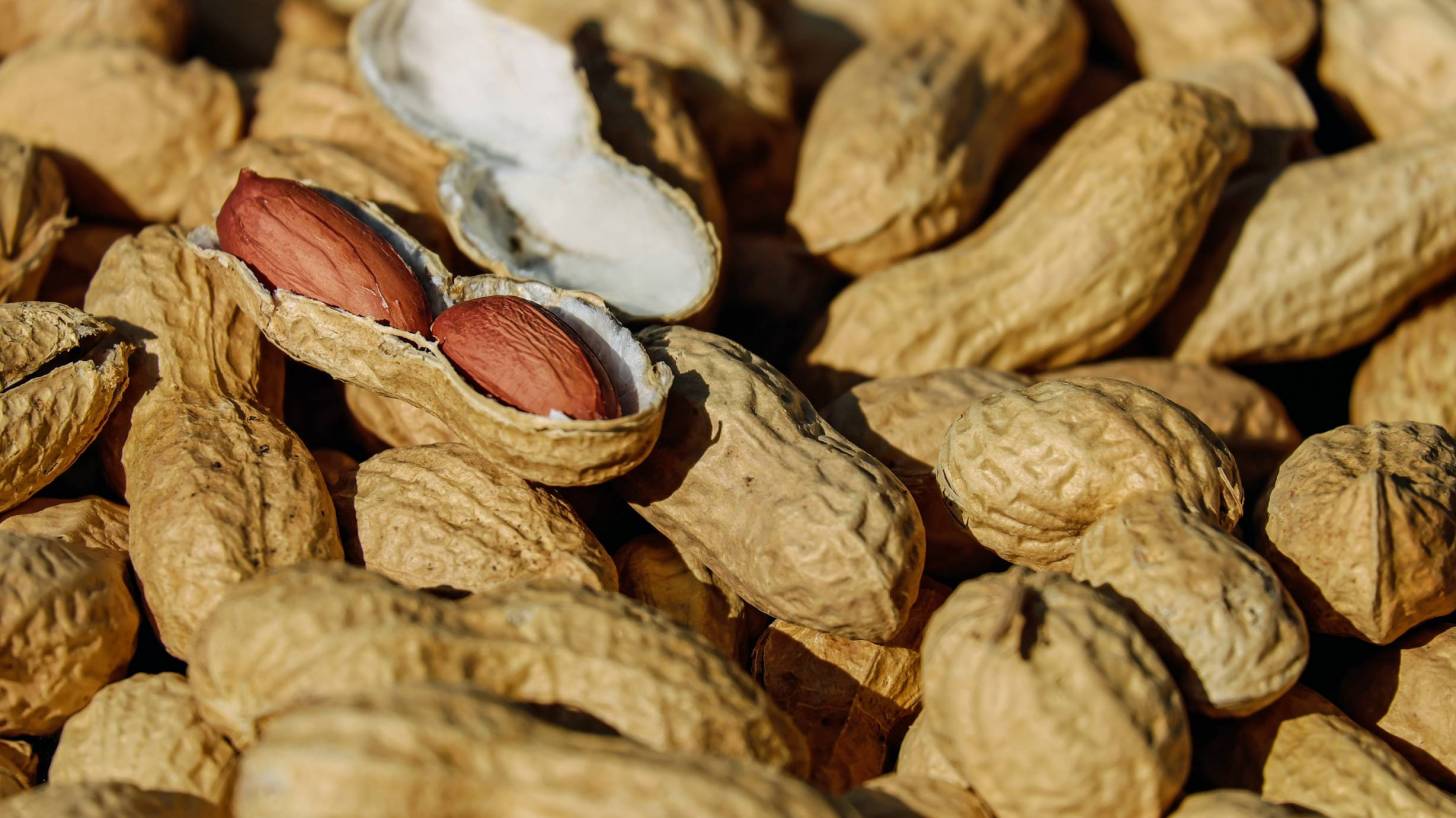Peanut Allergy Immunotherapy Shows Promise in Phase 1 Study

Researchers at the American Academy of Allergy, Asthma & Immunology annual meeting presented positive data from a small, phase 1 clinical trial regarding a novel peptide-based, immunotherapy for peanut allergy.
This new study reported basophil assays confirmed a lack of basophil reactivity to PVX108 in contrast to peanut extract, in 146 peanut-allergic donors.
And, these study participants did not report serious adverse events.
PVX108 is a peptide-based immunotherapy being developed to treat peanut allergy without triggering allergic reactions during treatment. PVX108 comprises a mixture of short, synthetic peptides derived from sequences of major peanut allergens, formulated for intradermal injection.
PVX108 utilizes peptides that have been selected from peanut proteins to induce immune tolerance to peanuts.
The idea is that injecting these peptides, in the absence of whole protein allergens, will reprogram allergy-causing immune cells to become tolerant to the allergen with little risk of inducing allergic reactions.
This is important news since a peanut allergy is a life-threatening condition for which there is currently no cure.
"While it is still early, the data suggest that monthly intradermal injections of PVX108 could really transform how we treat peanut allergies, even in patients with severe allergies," said Robyn E. O'Hehir, MD, Ph.D., of Alfred Health and Monash University in Melbourne, Australia.
"With greater convenience and a monthly-dosing regimen, we believe that patient adherence could be excellent compared with the daily-dosing regimen required with many immunotherapy protocols," reported MedPage Today.
Beginning in 2008, the National Institute of Allergy and Infectious Diseases, working with other organizations and advocacy groups, led the development of the first clinical guidelines for the diagnosis and management of food allergy.
A previous clinical trial and other studies suggest that peanut allergy can be prevented through the introduction of peanut-containing foods beginning in infancy.
“Preventing the development of peanut allergy will improve and save lives and lower health care costs,” said NIAID Director Anthony S. Fauci, M.D.
“We expect that widespread implementation of these guidelines by healthcare providers will prevent the development of peanut allergy in many susceptible children and ultimately reduce the prevalence of peanut allergy in the United States.”
Related peanut allergy vaccine news:
Peanut Allergy Vaccine Candidate Gains New Partner
Peanut Allergy Clinical Trial Announced Positive Results
Peanut Allergy Oral Desensitization Immunotherapy Successfully Met End-Points
Our Trust Standards: Medical Advisory Committee
- American Academy of Allergy, Asthma and Immunology
- Trial Review
- Safety and Tolerability of a Novel Peptide-Based Immunotherapy for Peanut Allergy
- PVX108 Peptide Immunotherapy Significantly Reduces Markers of Peanut-Induced Anaphylaxis in a Dose-Dependent Manner
- Addendum guidelines for the prevention of peanut allergy in the United States

